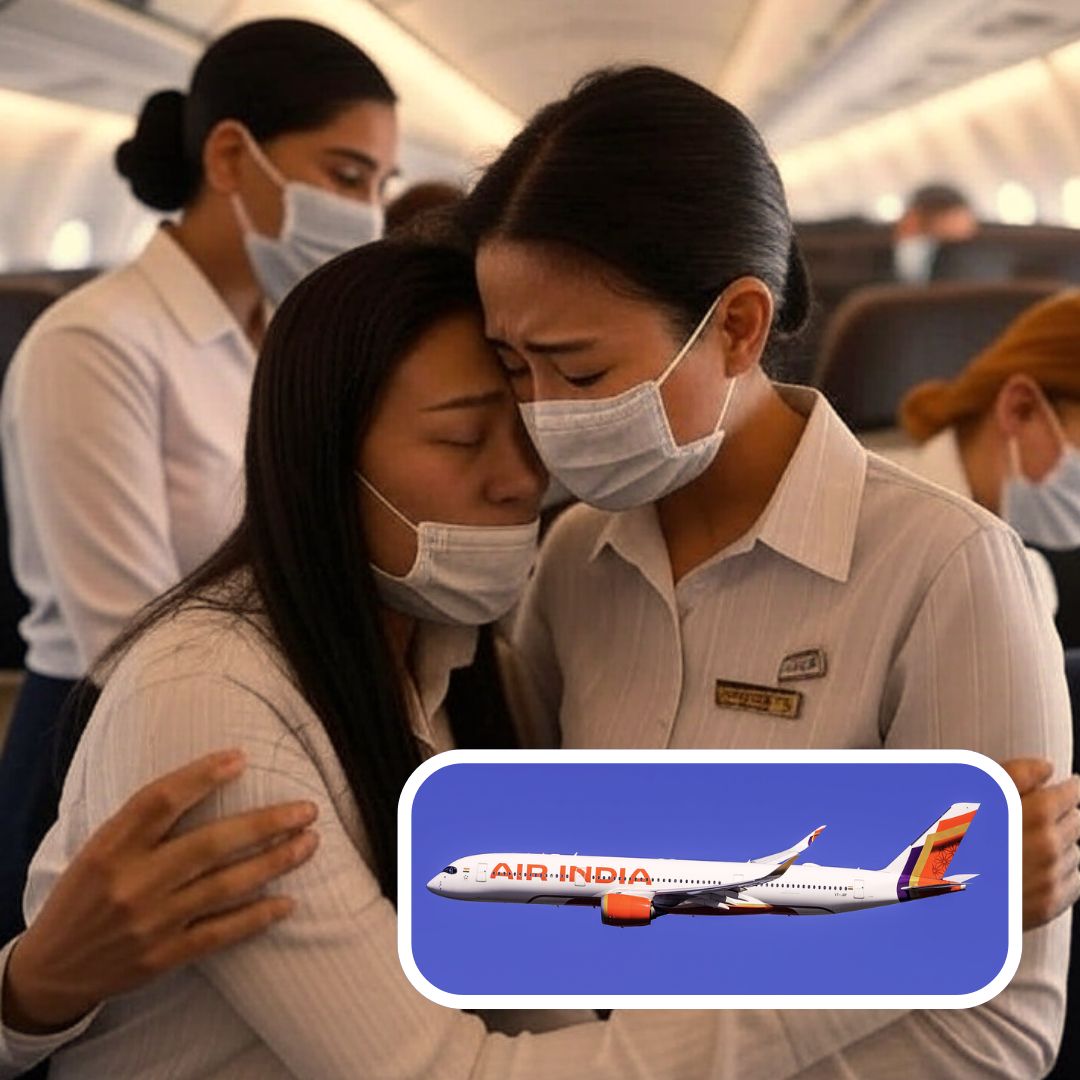Seven people—five passengers and two crew members—fell ill with symptoms of dizziness and nausea on Air India flight AI-130 from London to Mumbai on Monday, June 23. The Boeing 777 aircraft landed safely at Mumbai’s Chhatrapati Shivaji Maharaj International Airport, where medical teams provided immediate care.
Air India confirmed the incident, clarifying that only seven individuals were affected, contrary to earlier reports of 11. The airline has launched an internal investigation and informed the Directorate General of Civil Aviation (DGCA). While some media reports speculated food poisoning as the cause, Air India has cautioned that such assumptions are premature, as the investigation is still ongoing and no conclusions have been drawn.
The incident unfolded mid-flight, with affected passengers and crew reporting symptoms at various stages of the journey. Upon landing at around 11:30 AM IST, Air India’s ground staff and airport medical teams were on standby.
Two passengers and two crew members, who continued to feel unwell, were taken to the airport’s medical room for observation and treatment. All were discharged after their condition stabilised. In a statement, Air India said, “We regret the inconvenience caused to our guests and crew and are extending all possible support. The matter is being investigated, and the regulator has been duly notified.” The DGCA has confirmed receipt of the report and is monitoring the situation closely.
Ongoing Investigation and Aviation Safety Context
Earlier reports incorrectly stated that 11 individuals were affected; however, Air India’s official count stands at seven. Cabin depressurisation has been ruled out, and the airline has confirmed there was no deployment of oxygen masks—an automatic response in such events.
The cause of the incident remains under investigation. Air India has requested that speculation be avoided until the findings are confirmed. It is also worth noting that airline safety protocols require that pilots are served meals from different kitchens or batches than those provided to passengers, a precaution that helps ensure uninterrupted operation even in the event of food-related issues. The pilots on this flight were unaffected.
The aircraft in question, a Boeing 777, is not the same model as the Boeing 787 Dreamliner, which has been under separate scrutiny following a recent accident in Ahmedabad. This distinction is important to avoid unnecessary concern about the aircraft type.
Passenger Experiences and Broader Implications
Several passengers shared their experiences on social media, describing sudden bouts of dizziness and nausea, and commending the crew for their prompt response. “The crew acted quickly, checking on us and arranging for medical help as soon as we landed,” one passenger posted on X (formerly Twitter).
Aviation safety experts have highlighted that while such incidents are rare, they underscore the importance of rigorous food safety checks and crew training for medical emergencies. The DGCA has indicated that it will review the findings of Air India’s internal investigation and may recommend further measures if necessary.
The Logical Indian’s Perspective
This incident is a timely reminder of the need for unwavering commitment to passenger safety and well-being in Indian aviation. Air India’s swift response and the safe recovery of all affected individuals are commendable, but the episode also highlights the importance of transparency and continuous improvement in food safety and emergency protocols.
As investigations continue, it is vital for airlines, regulators, and catering partners to work together to prevent similar occurrences in the future. How can the aviation industry strengthen its safeguards to ensure the highest standards of passenger care?












